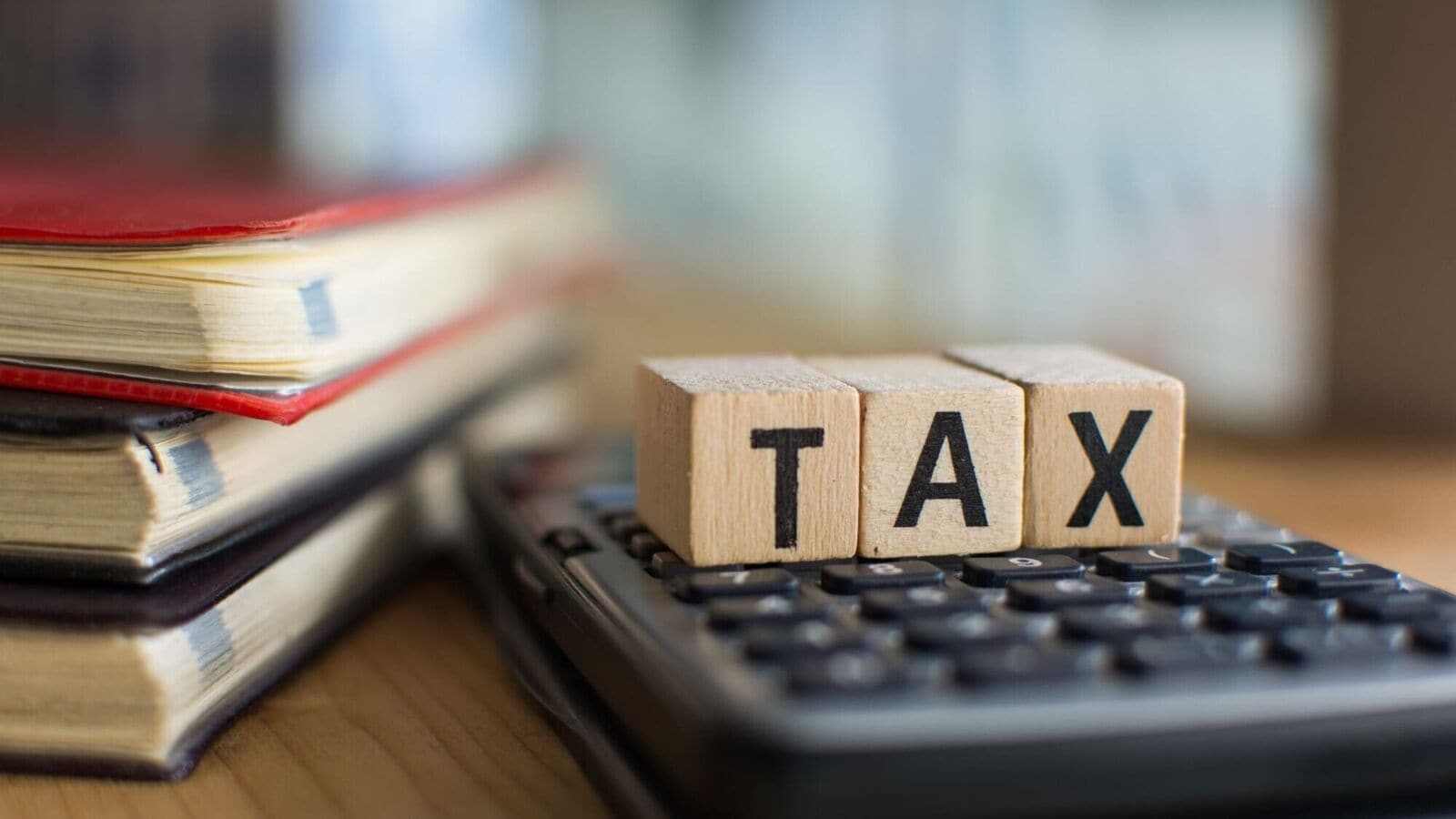ITR FAQs: What are the modes of filing? Can you file returns after due date? Top 10 questions answered

Filing an Income Tax Return (ITR) is an essential yearly financial task for every eligible individual. Whether you are a salaried employee, self-employed, freelancer, or business owner, you may often face several doubts about the process, from the ways of filing the ITR form to understanding penalties, missing due dates, and more.
To make things easier, here are some key frequently asked questions (FAQs) from the Income Tax Department to help you navigate ITR filing conveniently.
Income Tax Filing – FAQs
Q1 What is an income tax return?
An income tax return is a prescribed form used to report the details of income earned by a person in a financial year, along with taxes paid on that income, to the Income-tax Department. It also allows a taxpayer to carry forward losses and claim refunds from the income tax department.
Q2 What are the different modes of filing ITR?
According to the Central Board of Direct Taxes (CBDT), ITR can be filed in any of the following ways:
(i) Filing the return on paper.
(ii) Filing the return electronically under a digital signature;
(iii) Filing the return online and transmitting the data along with the electronic verification code.
(iv) Filing the return electronically and thereafter submitting the verification of the return in Return Form ITR-V (acknowledgement of filing the return of income).
Q3 Is there a need to attach additional documents with the ITR?
ITR forms are attachment-free, so taxpayers are not required to attach any documents, such as proof of investment, TDS certificates, etc, with their income tax return, whether filed manually or electronically.
However, the taxpayer should keep these documents and produce them before tax authorities when requested during assessments, inquiries, or other proceedings.
Q4 Where to file the income tax return online?
The Income Tax Department has enabled an independent portal for e-filing income tax returns. To file ITR online, taxpayers can log on to https://www.incometax.gov.in/iec/foportal.
Q5 What is the IT Department’s e-utility facility?
The Income Tax Department offers a free e-filing utility (such as Java and Excel) for generating and submitting e-returns electronically. The utility aims to make the ITR filing process simple and easy to use and contains instructions on how to use it.
Q6 If I have paid excess tax, how will it be refunded?
You can claim the excess tax as a refund by submitting your income tax return. It will then be credited to your bank account through ECS transfer.
Q7 Is there any disadvantage to filing returns?
There is no disadvantage to filing ITR. On the contrary, failing to file your return despite having taxable income will make you liable for penalties and prosecution under the Income Tax Act.
Q8 Can ITR be filed after the due date?
The Income Tax Act allows taxpayers to file an ITR after the due date, which is called a belated return. Any person who fails to submit a return of income within the period allowed under section 139(1) or within the period specified in a notice issued under section 142(1) may submit a return for any previous year. However, a belated return attracts late filing fees under section 234F.
Q9 Is there a penalty for filing ITR after the due date?
According to Section 234F of the Income Tax Act, a late filing fee of ₹5,000 shall be payable if the return is furnished after the due date specified under Section 139(1). However, if the person’s total income does not exceed ₹5 lakh, the fee shall be ₹1,000.
Q10 Is there a help desk to raise queries with the Income Tax Department?
In case of queries on e-filing of return, taxpayers can contact 1800 103 0025.
Disclaimer: This article is for informational purposes only and does not constitute legal or tax advice. Taxpayers are advised to consult a qualified tax professional or refer to the official website of the Income Tax Department for accurate and up-to-date guidance before filing their returns.



